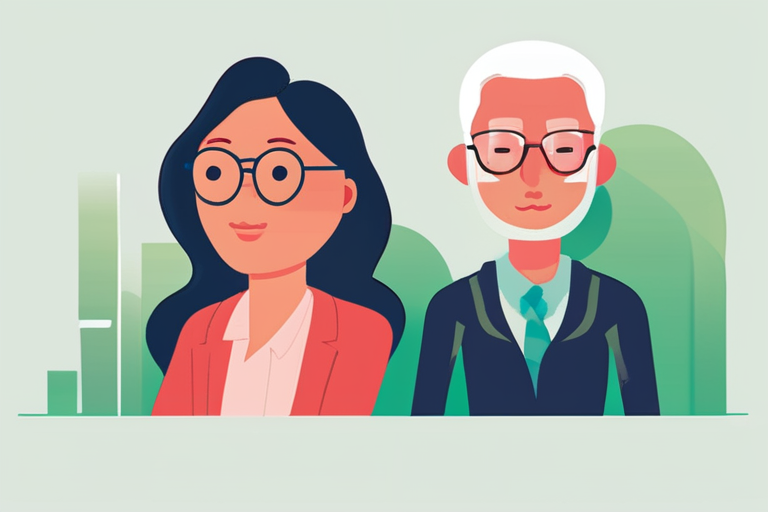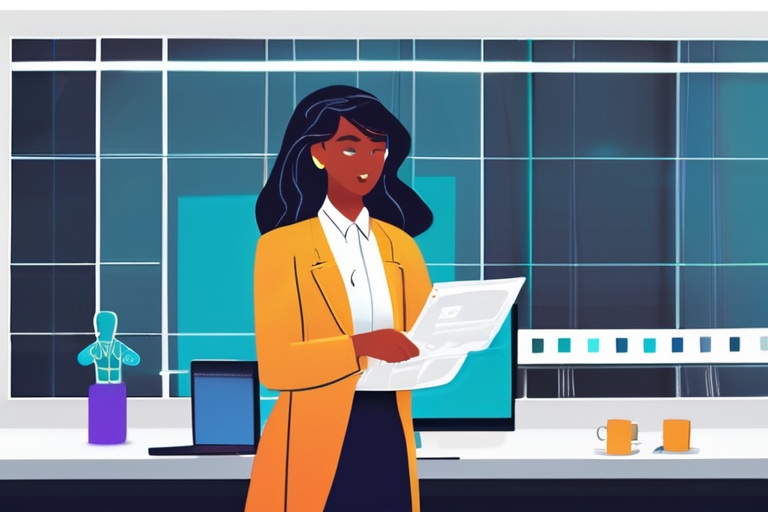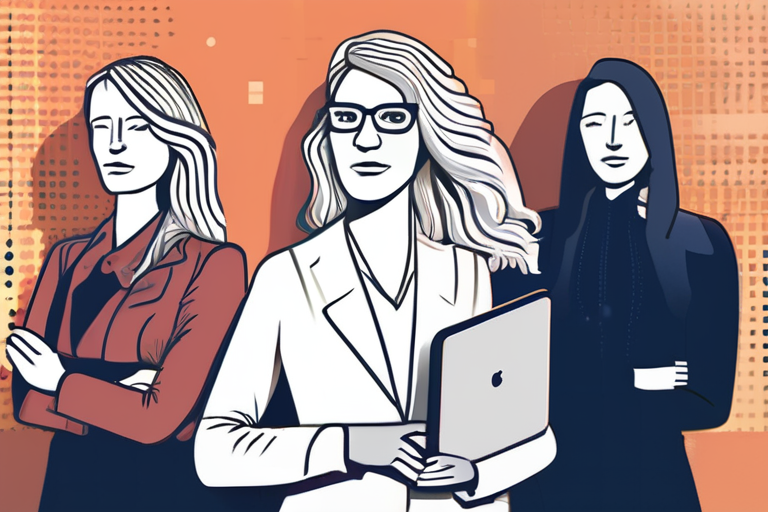

Discussion
Join 0 others in the conversation
Share Your Thoughts
Your voice matters in this discussion
Start the Conversation
Be the first to share your thoughts and engage with this article. Your perspective matters!
More Stories
Discover articles from our community

Age and Gender Biases Exposed: How ChatGPT Decides Who Gets Hired
 Hoppi
Hoppi

Age and Gender Biases Found in ChatGPT's Resume Rankings
 Hoppi
Hoppi

Bias Built-In: How AI Training Data Perpetuates Hiring Stereotypes
 Hoppi
Hoppi

Age Bias Exposed: How ChatGPT's Hiring Algorithm Favors Some Over Others
 Hoppi
Hoppi

Age Bias Exposed: How ChatGPT's Hiring Decisions Favor Some Over Others
 Hoppi
Hoppi

Women's Workforce Progress Hidden Behind Biased Online Portraits
 Hoppi
Hoppi

Age and Gender Biases Exposed: How ChatGPT Decides Who Gets Hired
Would ChatGPT Hire You? Age and Gender Matter A recent study has shed light on the age and gender biases …

Hoppi

Age and Gender Biases Found in ChatGPT's Resume Rankings
Would ChatGPT Hire You? Age and Gender Matter A recent study has revealed that large language models like ChatGPT may …

Hoppi

Bias Built-In: How AI Training Data Perpetuates Hiring Stereotypes
Stereotypes Shape AI: Study Reveals Biases in Training Data A recent study has uncovered disturbing biases in the training data …

Hoppi

Age Bias Exposed: How ChatGPT's Hiring Algorithm Favors Some Over Others
Would ChatGPT Hire You? Age and Gender Matter A recent study has revealed a disturbing trend in how age and …

Hoppi

Age Bias Exposed: How ChatGPT's Hiring Decisions Favor Some Over Others
Would ChatGPT Hire You? Age and Gender Matter A recent study has revealed a disturbing trend in online media and …

Hoppi

Women's Workforce Progress Hidden Behind Biased Online Portraits
Internet Portrayal of Women in the Workforce Skewed by Societal Expectations A recent analysis of Google search results reveals a …

Hoppi
